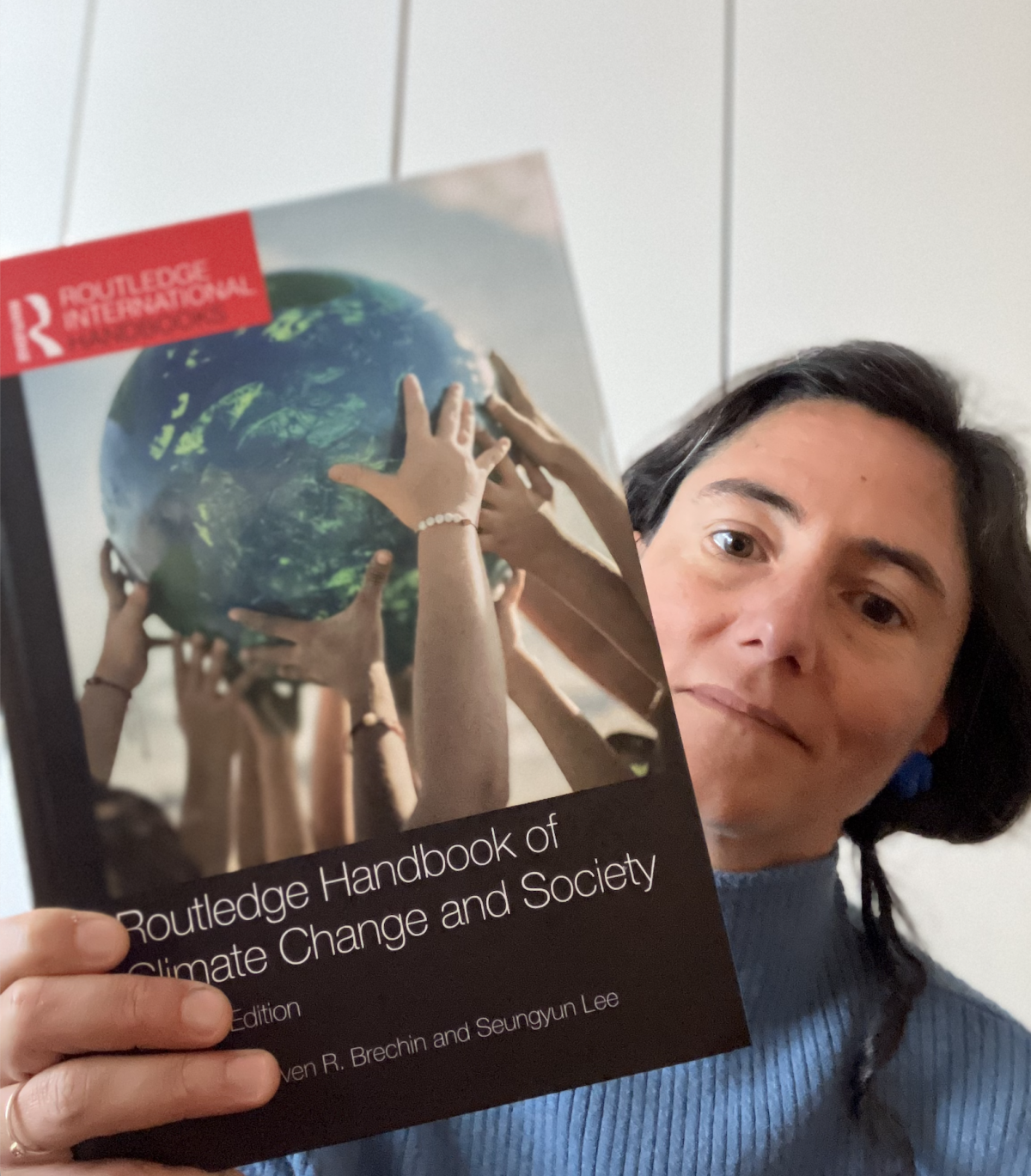Overcoming barriers for “strong” sustainable consumption policy: the case of the Amsterdam Doughnut

Abstract
This case study of the Amsterdam Doughnut highlights how barriers for “strong” sustainable consumption policy pinpointed in the literature were to some extent overcome in the city policy of Amsterdam, the Netherlands, in the period of 2018–23. The study builds on interviews conducted in 2020 and 2023 with key stakeholders participating in the policymaking process, and on the analysis of relevant policy documents. It identifies a few factors that played a role as levers of the barriers mentioned in the literature. These factors facilitated the inclusion of upper consumption limits in a few policy areas at a conceptual and strategic level. However, resistance to “strong” sustainable consumption measures hindered their translation into concrete actions, targets, and implementation. Lastly, a change of emphasis in the city strategy towards the “social foundation” of the Doughnut Economy framework during the period under study led to a stronger focus on the lower levels of sufficiency, leaving the emphasis on the upper levels behind.